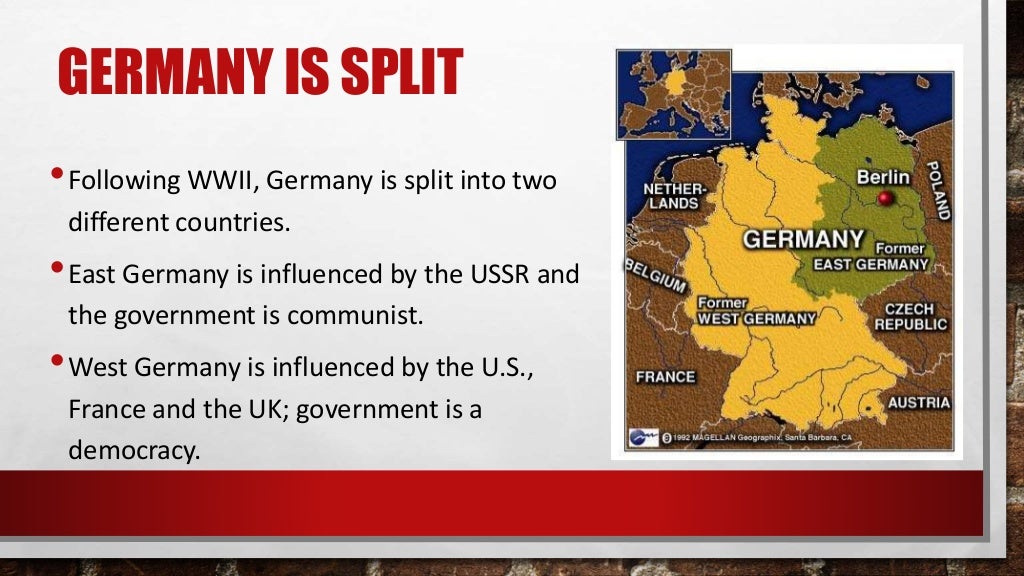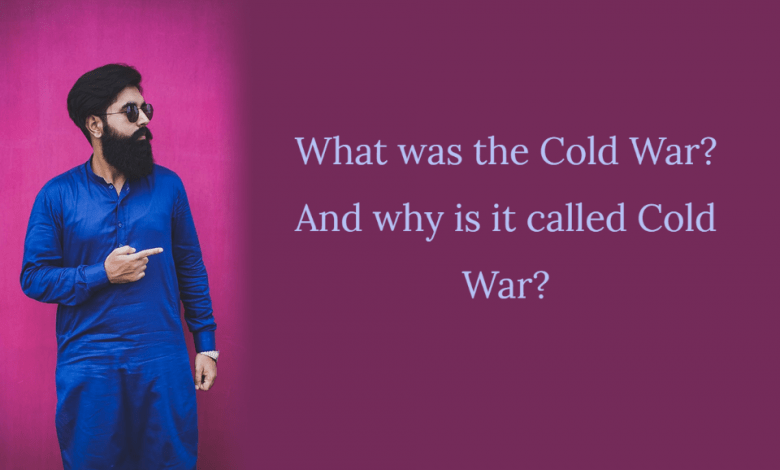

Eventually, even the military became aware of the tremendous burden caused by imperial overstretch. Healthcare deteriorated and the mortality rate increased (the only developed country where that occurred). In addition, the huge Soviet defence budget began to undermine other aspects of Soviet society. One was the "soft" power of liberal ideas, whose spread was aided by the growth of transnational communications and contacts, while the demonstration effect of Western economic success gave them additional appeal. Gorbachev's humanitarian tinkering contributed greatly to the timing.īut there were also deeper causes for the Soviet demise. Like a hole in a dam, once pent-up pressure began to escape, it widened the opening and tore apart the system.īy contrast, if the Communist Party's Politburo had chosen one of Gorbachev’s hard-line competitors in 1985, it is plausible that the declining Soviet Union could have held on for another decade or so. In trying to repair communism, he punched a hole in it.

But his reforms snowballed into a revolution driven from below rather than controlled from above. After all, he wanted to reform communism, not replace it. Some of these events stemmed from Gorbachev's miscalculations. Gorbachev refused to sanction the use of force to put down demonstrations.

He also believed that Soviet control over an empire in Eastern Europe was costing too much and providing too little benefit and that the invasion of Afghanistan had been a costly disaster.īy the summer of 1989, East Europeans were given more freedom. Rather than try to build as many nuclear weapons as possible, he proclaimed a doctrine of "sufficiency", holding only a minimal number for protection.

Gorbachev said that security was a game from which all could benefit through co-operation. Gorbachev's foreign policy, which he called "new thinking", also contributed to the Cold War's end. But once glasnost let people say what they thought, many people said: "We want out."īy December 1991, the Soviet Union ceased to exist. And when bureaucrats continually thwarted his orders, he used glasnost, or open discussion and democratisation. When discipline failed to solve the problem, he launched perestroika ("restructuring"). When he came to power in 1985, Gorbachev tried to discipline the Soviet people as a way to overcome economic stagnation. Unfortunately, he is not popular with the Russian people who blame him for the loss of Soviet power.īut, as Gorbachev has replied to those who shout abuse at him: "Remember, I am the one who gave you the right to shout." EARLIER this month, Mikhail Gorbachev celebrated his 75th birthday with a concert and conference at his foundation in Moscow.


 0 kommentar(er)
0 kommentar(er)
